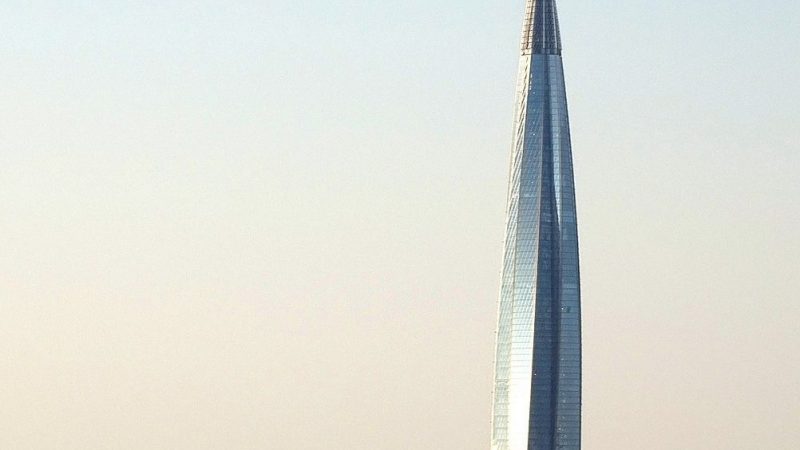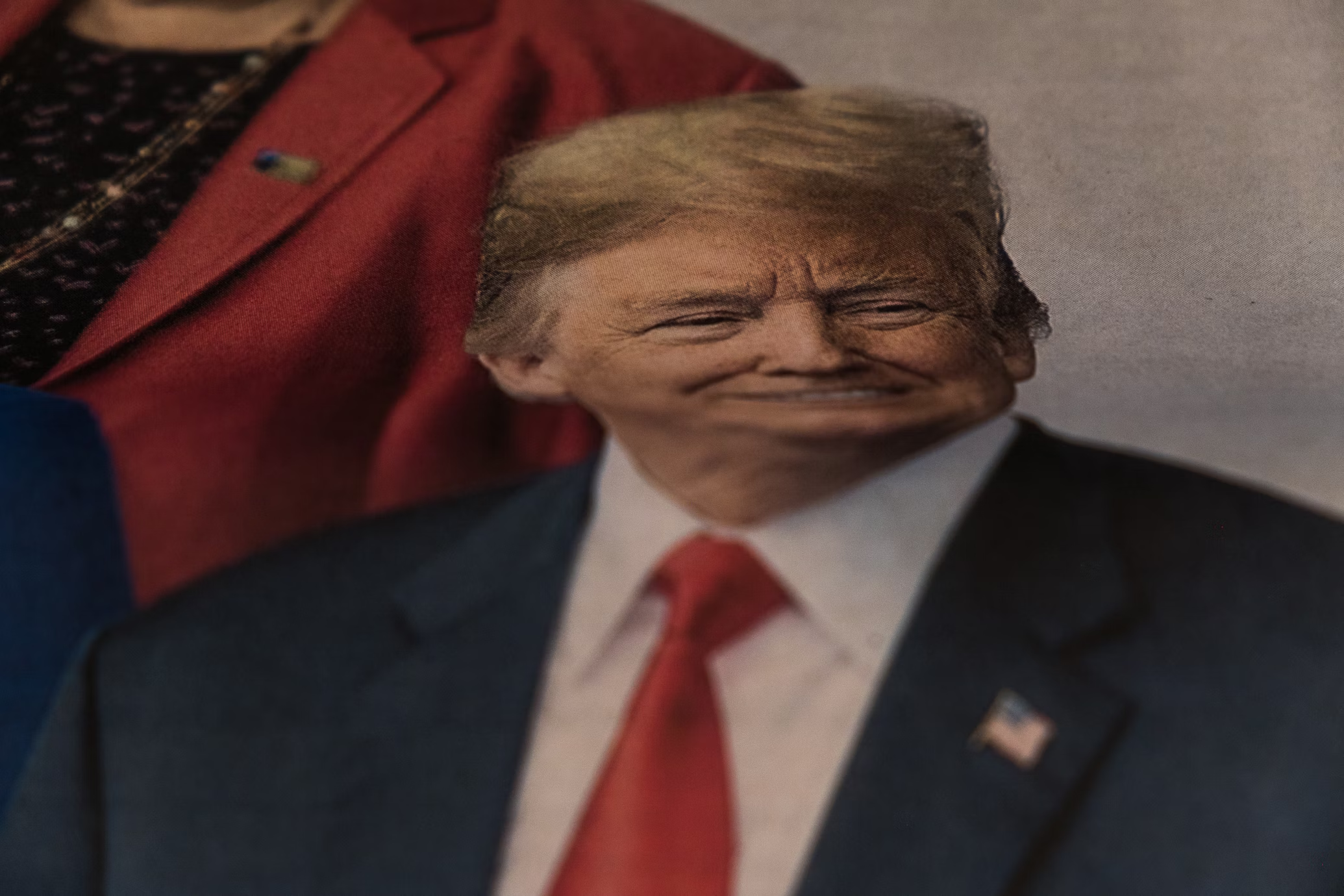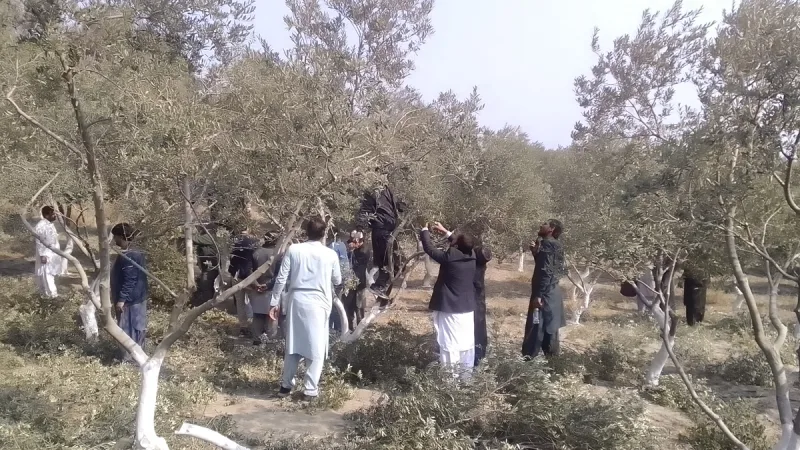Julian Assange Calls for Enhanced Protection of Journalists at the Council of Europe
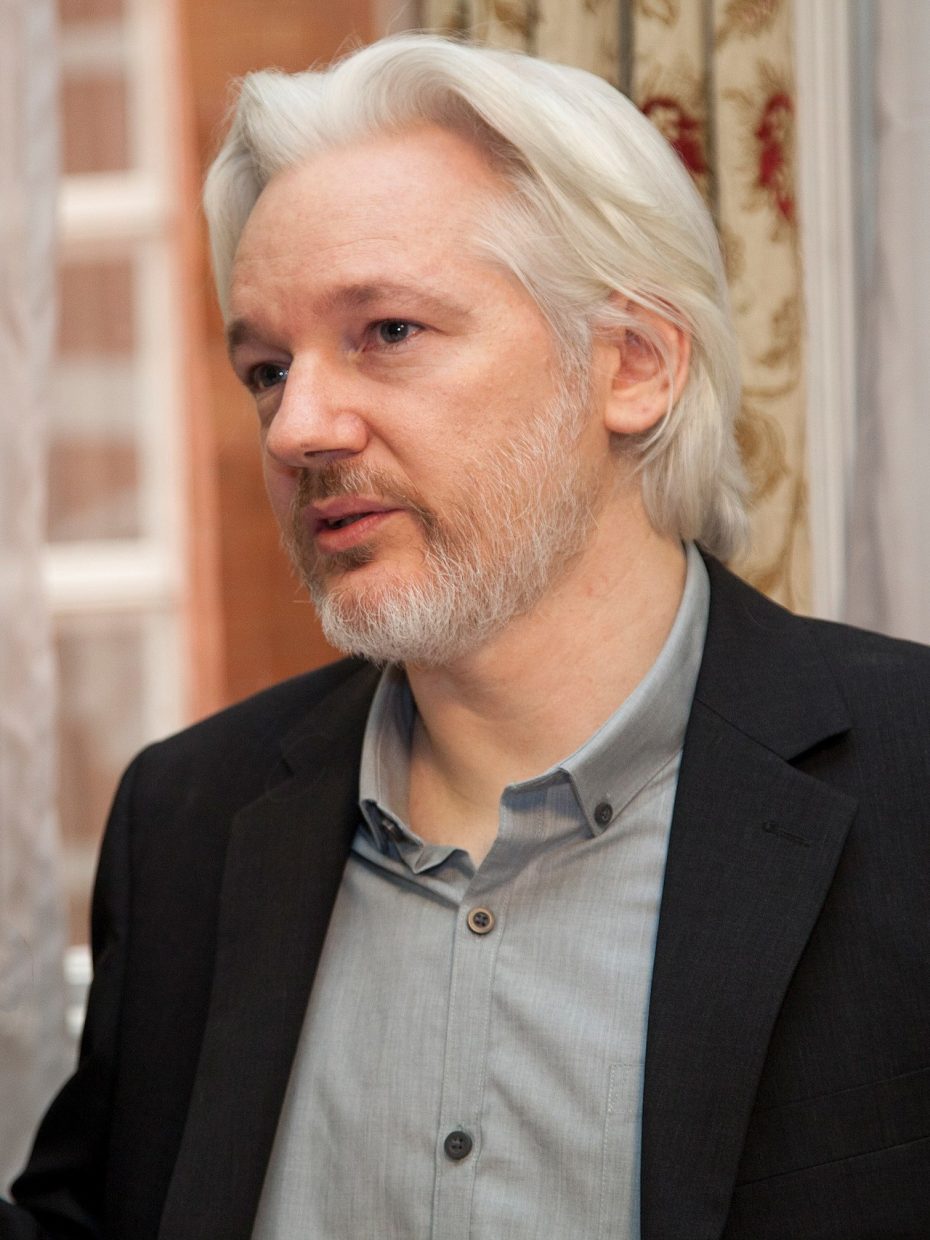
Journalism Under Threat: Assange’s First Public Appeal Since Release
Julian Assange, the controversial founder of WikiLeaks, has made his first public appeal for the protection of journalists since his release in June. Speaking before the Parliamentary Assembly of the Council of Europe in Strasbourg, Assange highlighted the increasing global threats to investigative journalism. His message was clear: the criminalization of journalistic activities undermines the role of the press as a cornerstone of a free and informed society.
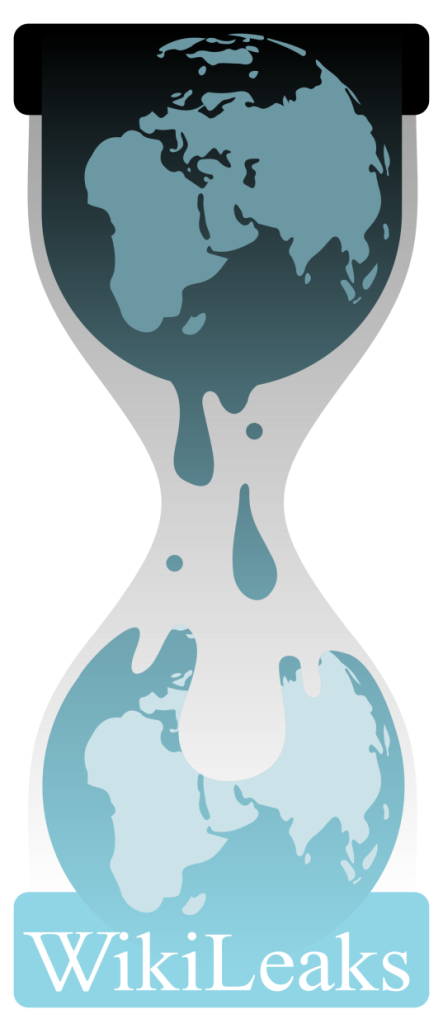
“The criminalization of news gathering is a threat to investigative journalism worldwide,” Assange stated during his address. He emphasized that his freedom was not due to justice prevailing, but because of a plea deal.
“I am free today not because the system worked, but because I pleaded guilty to the charge of conducting journalism.”
A Decade-Long Battle for Freedom
Assange’s saga began in 2010 when WikiLeaks published over 700,000 classified US documents detailing military and diplomatic activities. The data included sensitive information on military operations in Iraq and Afghanistan, shedding light on incidents involving civilian casualties and the mistreatment of prisoners. This bold exposure made Assange a target of US authorities and sparked intense debate on the boundaries of press freedom and national security.
After spending years under house arrest and taking refuge in the Ecuadorian embassy in London, he was eventually transferred to a high-security British prison, where he awaited extradition to the United States. Assange was finally released this year following a deal with the US Justice Department in which he admitted to the unauthorized transmission of classified documents but was credited with time already served.
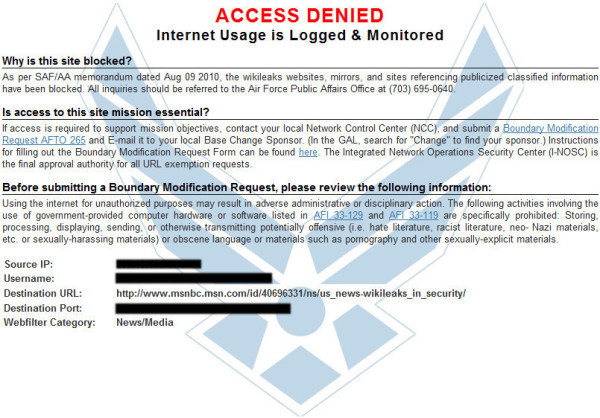
Denied Access to wikileaks.org from US Government computers
Upon his release, Assange returned to his homeland, Australia, where he received a mixed reception. To some, he remains a symbol of resistance against governmental overreach and a defender of the right to free information. To others, he is a reckless individual whose actions endangered national security and exposed sensitive sources to potential harm.
A Call to Protect Journalistic Integrity in Europe
Assange’s speech at the Council of Europe is significant, given the organization’s role as a champion of human rights and press freedoms. He expressed concern over the deteriorating situation for journalists in Europe, urging member states to prioritize media rights.
“Journalism is not a crime but a pillar of a free and informed society“
Assange declared, drawing attention to the fact that even within democratic regions, the press faces intimidation and suppression.
Implications for Press Freedom
Assange’s case has far-reaching implications for the future of journalism. His detention, legal battles, and eventual plea deal have been a focal point for discussions on media rights, national security, and the ethical limits of investigative reporting. The Council of Europe, which aims to safeguard human rights across its 46 member states, now faces pressure to act decisively to protect journalists and prevent further erosion of press freedoms.
This incident also raises broader questions about how democratic states balance the public’s right to information against state security concerns. If investigative journalism is seen as a threat, what does this mean for transparency and accountability?
What’s Next for Assange?
While Julian Assange has regained his freedom, his future remains uncertain. His supporters call for full exoneration, while critics continue to view him as a dangerous figure who crossed the line of ethical journalism. As the debate continues, one thing is certain: Assange’s case will shape the discourse on press freedom for years to come.
Update: Council of Europe Declares Assange a Political Prisoner
In a significant development, the Council of Europe has officially classified WikiLeaks founder Julian Assange as a political prisoner. During a session held in Strasbourg on October 2nd, the Parliamentary Assembly of the Council passed a resolution condemning the actions of the United States and United Kingdom in handling Assange’s case. The resolution pointed to the heavy charges leveled against Assange by U.S. authorities, which could result in a life sentence for actions that “essentially involved the collection and publication of news.”
The resolution calls for the U.S. to investigate the potential war crimes and human rights violations exposed by WikiLeaks, rather than prosecuting Assange for making these disclosures public. It warned that the treatment of Assange has had a “dangerous deterrent effect,” undermining protections for journalists and whistleblowers globally.
Furthermore, the Council criticized the British government for failing to safeguard Assange’s rights to free expression and personal freedom, arguing that despite the politically motivated nature of the charges, Assange was subjected to an “unacceptably prolonged detention.” This classification by the Council of Europe further escalates the ongoing debate around Assange’s imprisonment and its implications for press freedom.
Read about the resolution and its impact: Council of Europe Newsroom.
Sources:
- Council of Europe – Parliamentary Assembly: Details on Julian Assange’s speech and the Council’s stance on media rights Council of Europe Official Report.
- WikiLeaks Releases and Impact on US Diplomacy: Analysis of the documents released by WikiLeaks and their geopolitical implications BBC’s WikiLeaks Overview.


